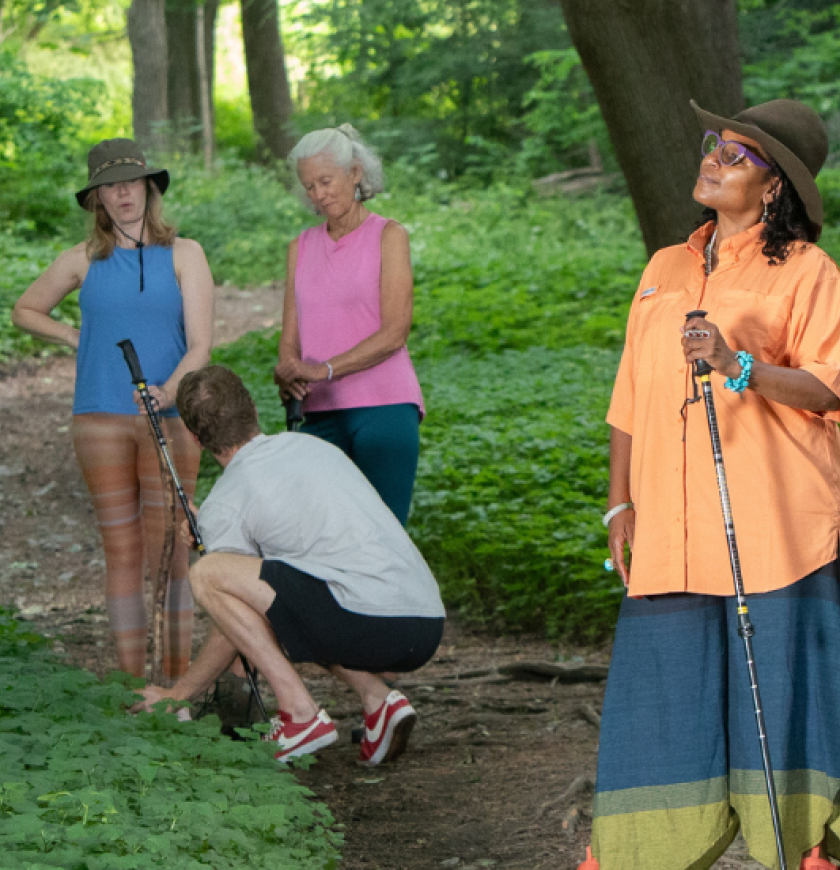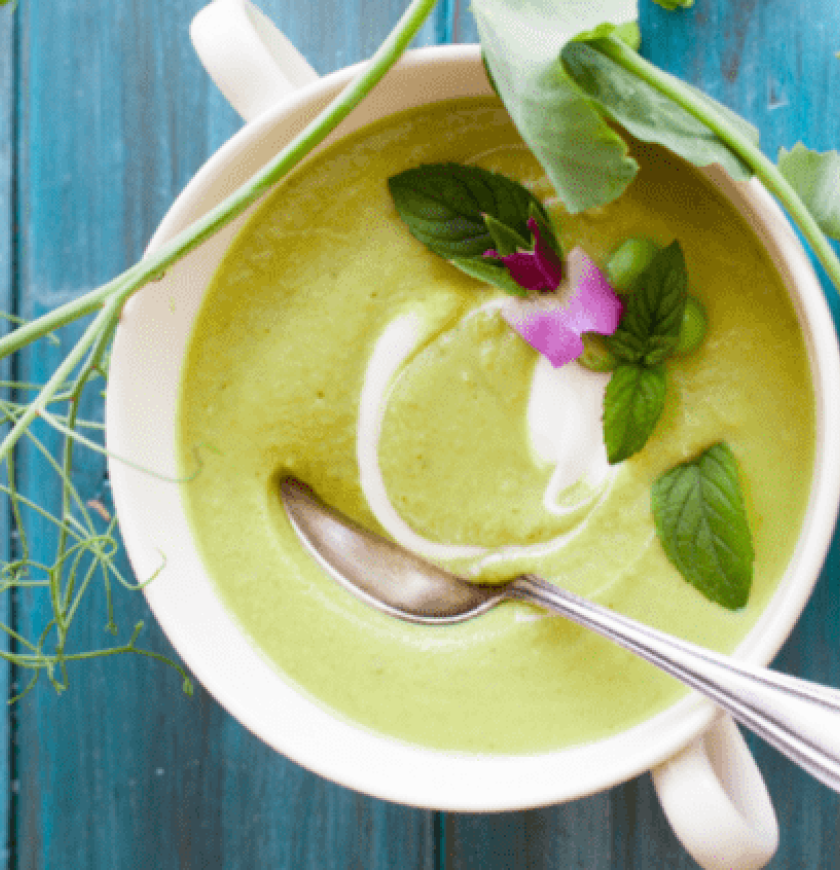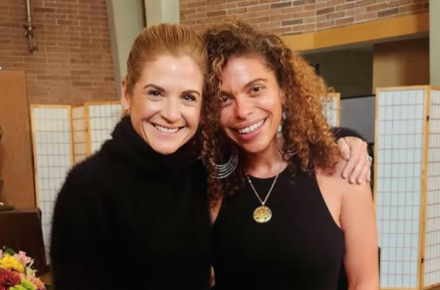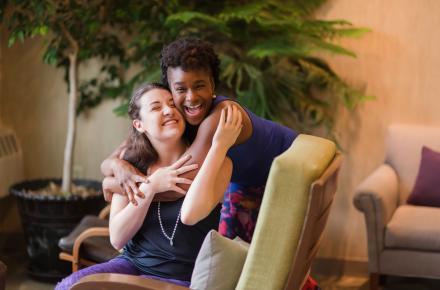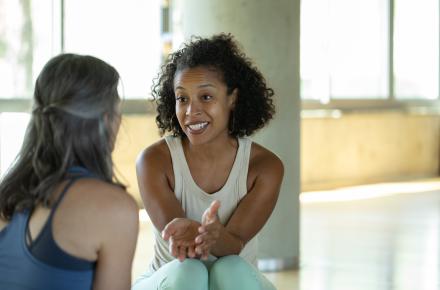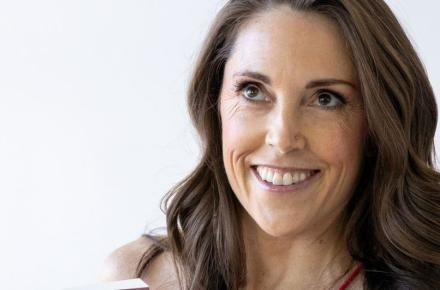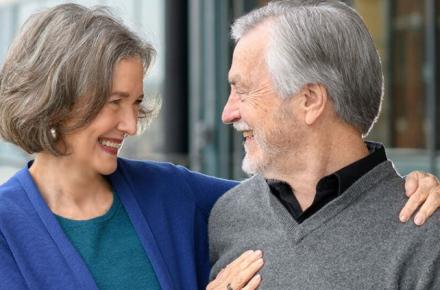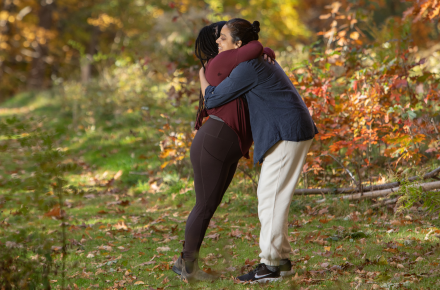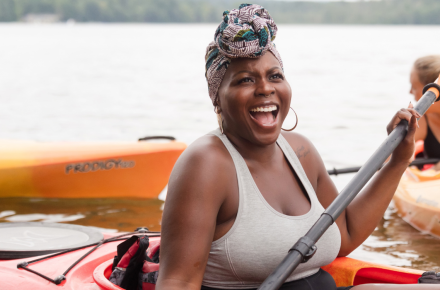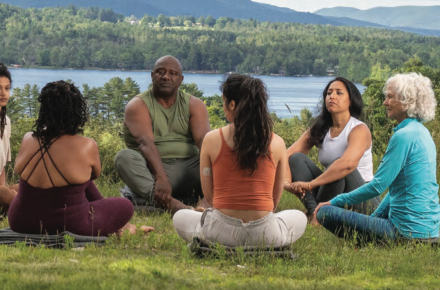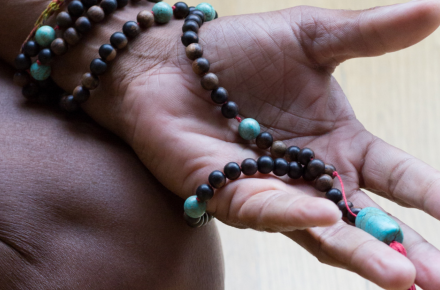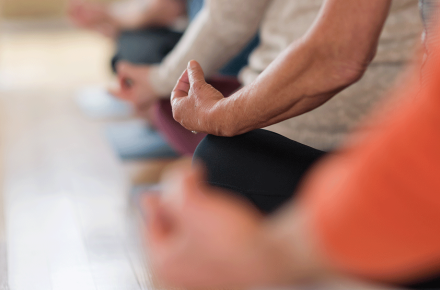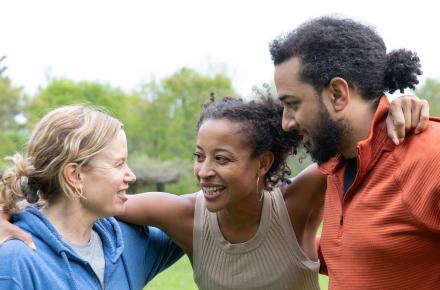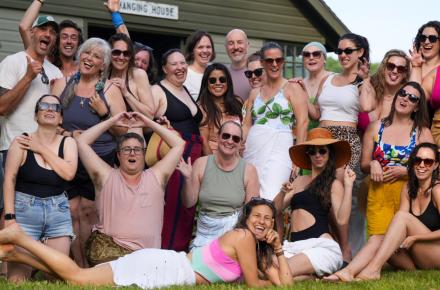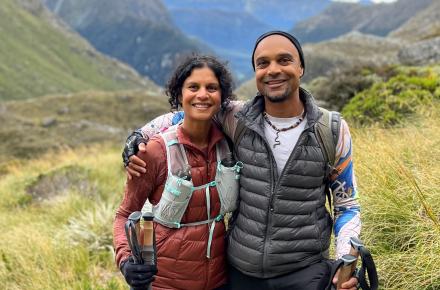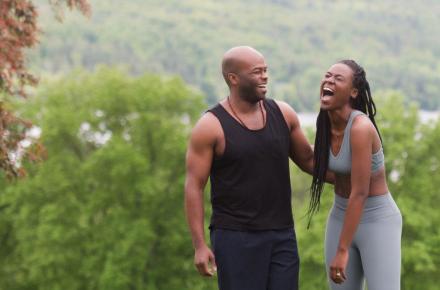Five Keys for Transforming Conflict Into Stronger Relationships

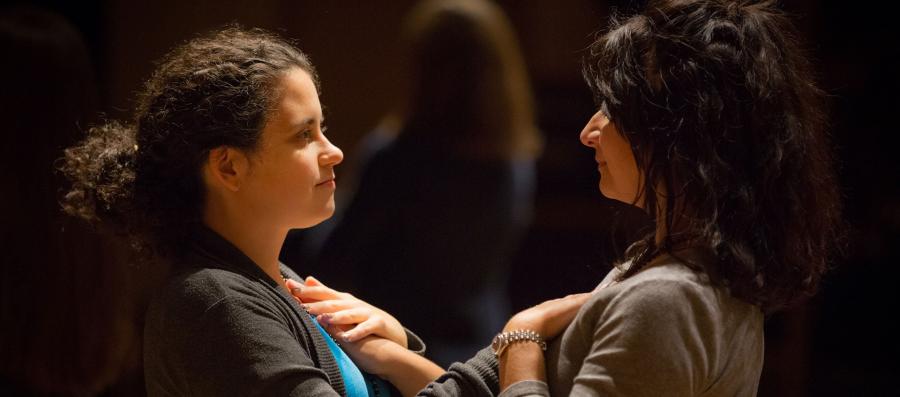
A few nights ago, I made a request of a man with whom I’ve had a long, complicated relationship—a request he didn’t appreciate. He was triggered, and the conversation soon broke down. We ended up getting off the phone, both upset, with the issue unresolved.
A couple of days have passed and the conflict is still stewing inside me, affecting my mood, focus, productivity, and creativity. Little upsets me more than not being able to resolve conflict within my most significant relationships.
Relationship teacher Jayson Gaddis, founder and CEO of The Relationship School®, would not be surprised by this. “The research is clear,” Jayson says. “When you don’t learn how to manage conflict, the price tag is very big: break-ups, resentments, divorce. But there are many other subtle consequences that we’re now beginning to understand—thanks to neuroscience—such as more disease and not living as long. Unresolved interpersonal stress is a killer.”
While that sounds dire, the truth is that all relationships—even the best ones—experience conflict. It’s the way we manage it that makes all the difference. In fact, according to Jayson, well-managed conflict can actually enhance relationships. “It’s through conflict that we learn to love bigger,” he says. “We learn more about ourselves and the other person, and we come out the other side stronger and more resilient.”
In order to transform conflict into love and understanding, however, emotional safety is required. “Emotional safety is that feeling of falling into your partner and allowing yourself to be held by them through the ups and downs of life,” Jayson explains. “It’s one of the core needs that creates a secure, long-term partnership.”
If emotional safety is foundational to conflict resolution, listening is one of its core tools. “The fastest way to work through conflict is to listen to the other person until they feel understood, and to own your part,” he notes. “Listening can de-escalate any conflict if done well. It’s huge. At The Relationship School®, we typically teach that the most resourced person must listen first. Once the other person is feeling understood, switch.”
When two people in any kind of relationship—intimate, familial, professional, friendship—feel dissonance brewing, Jayson recommends that they have some basic agreements in place before meeting the conflict head on. For example, they agree to engage with the conflict and to commit to learning how to work through it in better ways. “We cannot avoid interpersonal challenges,” Jayson says. “When we say ‘yes’ to our inevitable differences, we’re saying that we’re willing to learn about conflict and how to repair it.”
Here are five of Jayson’s top pointers for transforming conflict into love and understanding:
Develop a healthy point of view. Acknowledge that conflict is a natural part of life and relationships. “Conflict is here to help us grow and be more of who we are, not less of who we are,” Jayson says.
Adopt a proactive mindset. “People who have a growth mindset are more likely to work through conflict because they’re not running from it,” he says. “They get that it’s part of long-term relationships.”
Take ownership. “Both parties must learn how to own their part in relationship conflicts and take personal responsibility for them,” Jayson notes.
Realize that your past is showing up in the present for a reason. It’s not uncommon for past relational hurts to show up in our current partnerships. Jayson believes that this phenomenon is divinely orchestrated, so we can heal old relationship hurts and injuries. “We tend to attract whatever is disowned in us,” he says. “By partnering, we have the opportunity to love ourselves more fully, which allows us to love others as they are. In this way, relationships become a path to more love, healing, and wholeness.”
Understand the lesson. Lessons exist within all conflicts if we’re open to seeing them. “Sometimes the lessons are about boundaries; sometimes they’re about healing hurts from the past,” Jayson explains. “Other times, they’re simply about gaining self-awareness. We tend to repeat conflict patterns until we get the lesson. The fastest way to transform an old relationship injury is to get the lesson, and see how that hurt was an important stepping stone on your path.”
When we enhance our ability to transform conflict into greater love and understanding, the payoffs are far-reaching—positively affecting our physical, mental, and emotional well-being. Jayson points to a 75-year Harvard study on human relationships, which found that people live longer when they have good relationships. “Conflict is actually a doorway to more love in your life,” he says. “When done well, it’s magic.”
Find out about relationship programs with Jayson Gaddis at Kripalu.
Portland Helmich has been investigating natural health and healing as a host, reporter, writer, and producer for more than 15 years.
© Kripalu Center for Yoga & Health. All rights reserved. To request permission to reprint, please email editor@kripalu.org.

